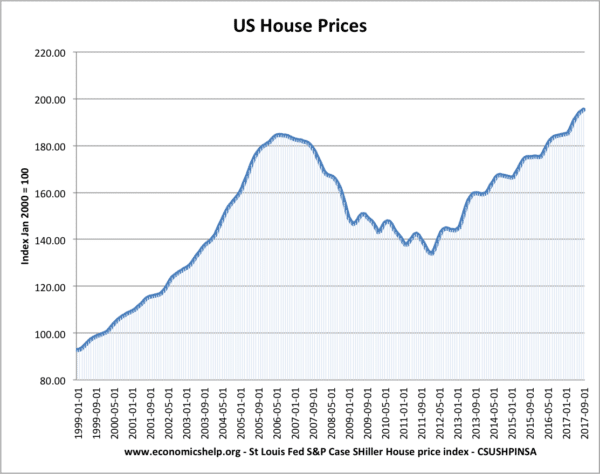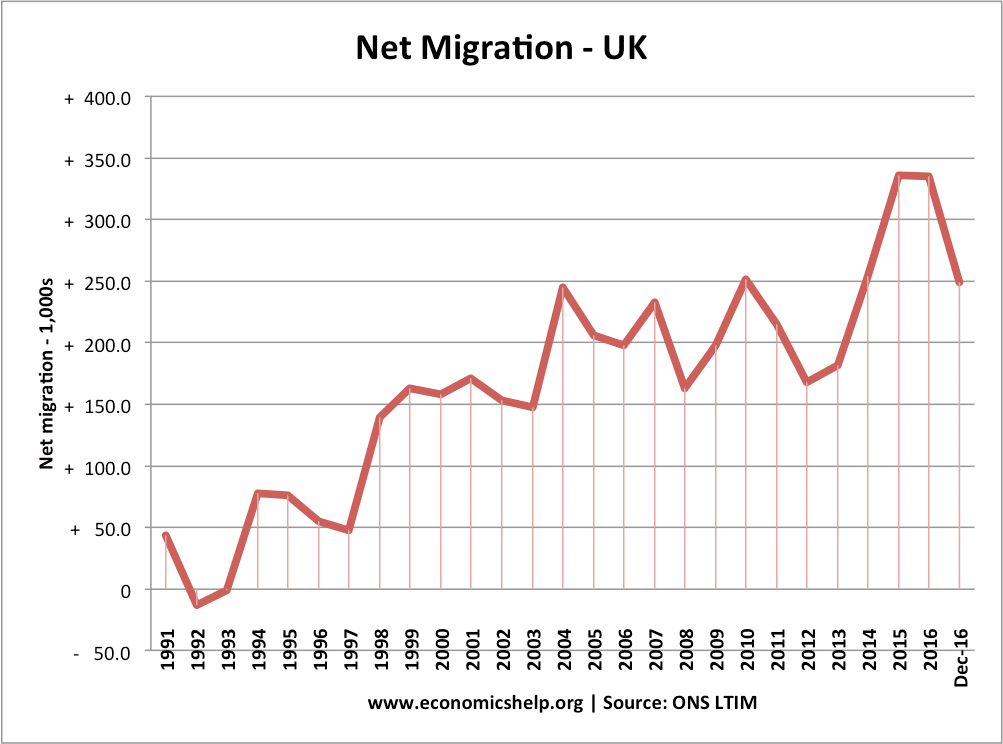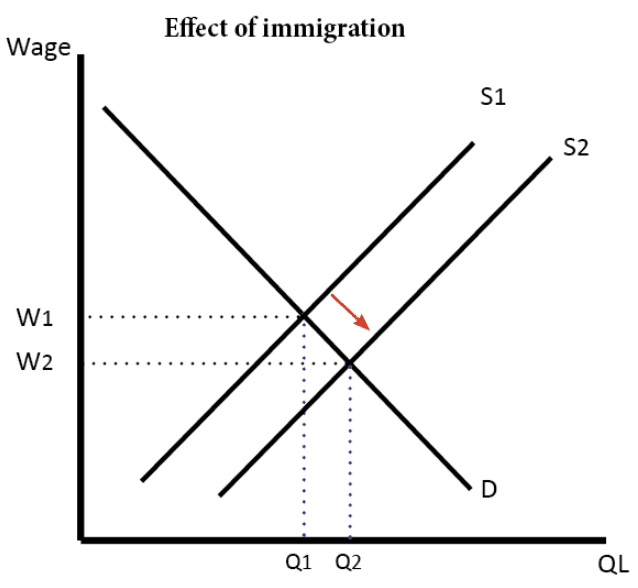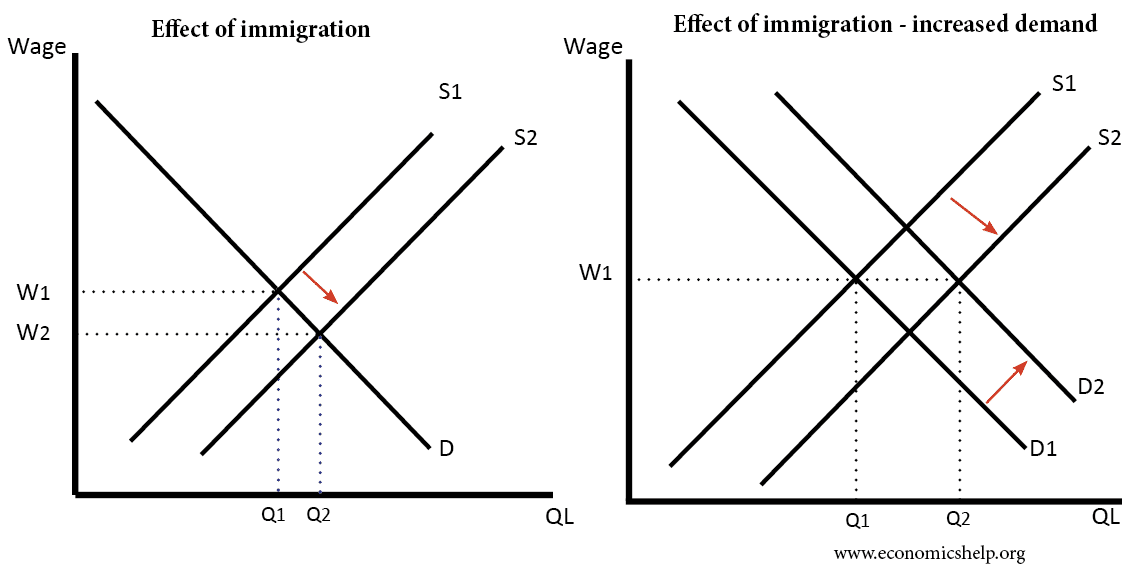Economics combines elements of both science and art.
Economists try to develop analytical mathematical models which seek to explain economic behaviour in a way that can be theoretically proved. For example, working out the elasticity of demand through using calculus.
In macroeconomic models, there are many models which seek to explain macro variables such as inflation, growth and unemployment.
Yet, when applied to the real world these models have significant limitations which can make them of limited value.
For example, much of economic theory rests on an assumption of rational behaviour by consumers. Especially in classical economics, economic theory is derived from a belief that consumers and firms will rationally pursue utility maximising decisions. Yet, in practice, human nature is much more complex. Behavioural economics tries to understand these human factors much more – but, this involves many normative/subjective opinions.
In the past few decades, the efficient market hypothesis took the assumption, asset prices would be correctly priced – given available information.
Yet, recent events suggest these neat theories have severe limitations in the real world.
Consumers and firms do not always behave rationally but are subject to irrational behaviour such as
- Irrational exuberance – the belief asset prices can keep rising
- Herding behaviour – the belief the majority must be right e.g. if share prices, house prices are rising it must be based on economic fundamentals. Yet, the majority is often wrong, which is why we get booms and busts quite frequently.
If economics is a science, the obvious question is why did so few economists not predict the current crisis? The answer is that many economists had great confidence in their theories of efficient market hypothesis and didn’t feel the house price rises of 2000-2006 was a boom but based on underlying fundamentals. In October of 2008, one of the chief architects of the period of great moderation, Alan Greenspan admitted he was in a state of “shocked disbelief,” because “the whole intellectual edifice” had “collapsed.”
If economics was a science, the whole intellectual theory was no longer was satisfactory.
This crisis is not the first time, economic theory has been left failing to give any meaningful explanation. The Great Depression left the economic profession fumbling in the dark for why markets weren’t clearing. Monetarists will claim the stagflation of the 1970s, showed the limitations of Keynesian fiscal expansion.
There are many issues to this question and I’ve only touched on a few. To summarise, in isolation, you can look at an economic issue and analyse them as a science. But, linking theory to the real world is always going to be a very subjective experience. It depends on which sets of data you use, it depends on which assumptions to make. Perhaps the problem in recent decades is that economists have spent too much time trying to fit everything into their neat theories.
The problem is that economics is very complex, there are no easy overarching explanations like E=MC2 of F=MA.
It is said Henry Truman asked for a one-armed economist – an economist who would give a straight simple answer rather than ‘it depends’ or ‘on the other hand’. This shows he was hoping economics could be reduced to a simple science but in reality, it is more of an art.
Example – economic effects of immigration
The raw statistics on net migration is a science. Economists do not dispute numbers (though even with statistics there are different ways to present them. For example, including overseas students magnifies migration numbers)
The interpretation of these statistics is more of an art. For example, the famous economist, Paul Samuelson argued immigration increases supply of labour and depresses wages for domestic workers. Restricting immigration raises wages
By keeping supply down, immigration policy tends to keep wages high. Let us underline this basic principle: Limitation in the supply of any grade of labor relative to all other productive factors can be expected to raise its wage rate; an increase in supply will, other things being equal, tend to depress wage rates.
—Paul Samuelson, Economics [1964]
This can be seen with simple supply and demand diagram.
However, other economists argue this is only part of the answer, and Samuelson is missing many other effects of immigration.
As well as increasing supply, immigrants spend money, creating more demand in the economy. An increase in the population leads to an equivalent increase in demand for labour.
But, everything about immigration is disputed.
If immigrants are unskilled – will this push down wages for unskilled domestic workers?
Can immigrants fill labour shortages left unfilled by domestic workers?
Does immigration make labour markets more flexible – reflecting the economic cycle and availability of jobs? – e.g. in a downturn, net migration falls.
Related





I think economics is both science and art because economic defines as a social science
Economics is both the science and the art. Our daily life comprises of technology and and everything happening in our life is a way of living it, the only thing is that the opinion of people differs.
yes it is both because as a science , its laws are accepted and as an art it describes the way of living . for example in the determining what to buy in the opportunity cost , one has to make choice so as to live happily
i thnk economics is both scienc n arts as it deals wit d integral part of both d subjct mattrs…………..but can u describe about d “ceteris paribus”? can u elaborate this phrase??
economics is science and an art , because in our daily life we are using technology ,
we’re applying this things n our daily life , because as the definition of economics , it is the household management , 🙂
Yes correct
Economics is a social science, because part of this are true and proven like the principal concepts include supply and demand, marginalism, rational choice theory, opportunity cost, budget constraints, utility, and the theory of the firm. It can also be referred as an art because we are using our creativity in finding ways to succeed..
as i m an engineer…..i can surly say that economics is a art that we r using technically in our daily lyf, in our industries, and many more places….so it can be said that it is a science as well as art…..:)
economics is fit in both parameter,wether its science or arts..
if we talk about economics as science,because its have therotical knowledge & application & a systemetized body of knowledge,which have some certain principles..
if we talk about ecnomics as arts,because here we apply application & therotical knowlodge practically which is in science..
u can say in art we convert our planing into acting..
its tell us how to do things & how to achieve objetive…
Is economic a science or an act discuss